
Professor Carla Molteni
Professor of Physics
- Co-Director BiPAS CDT
- Director at King's, Thomas Young Centre for the Theory and Simulation of Materials
- Physics Senior Tutor
Research interests
- Physics
Biography
Carla Molteni is Professor of Physics at King's College London and is a Fellow of the Institute of Physics. She is an expert in atomistic simulations applied to materials and biological systems, and works at the interface of physics with chemistry, materials science and biology.
Before joining King's, Carla held an EPSRC Advanced Research Fellowship at the Cavendish Laboratory, University of Cambridge, and a College Research Fellowship at New Hall (now Murray Edwards College). Previously, she was a postdoctoral researcher at the Max Planck Institut fuer Festkoerperforschung in Stuttgart (Germany) and a EU Human Capital & Mobility Postdoctoral Fellow at the Cavendish Laboratory. She obtained her Laurea and PhD in Physics at the University of Milan (Italy).
Carla is co-Director of the London Thomas Young Centre for the Theory and Simulation of Materials and is deputy Director of the multidisciplinary Centre for Doctoral Training BiPAS (Biological Physics Across Scales). She is member of the management board of the JCMaxwell node of CECAM and of the Materials and Molecular Modelling Hub, and is the leader of the working group “Molecules, Macromolecules and Biomolecules” of the Psik European network. She is also member of the research council of the Italian Embassy in London and of the board of directors of AISUK, the Association of Italian Scientists in the UK.
Find out more:
Research
We design computer experiments to elucidate and predict complex processes in materials and biomolecules, by accurately calculating, with the aid of powerful computers, how atoms interact, rearrange and react to external stimuli, such as pressure, light or the binding of a ligand.
We use a number of simulation techniques, from classical and ab-initio (density functional theory) molecular dynamics to enhanced sampling methods, plus methodologies to deal with excited states. Systems we have studied range from grain boundaries, liquid metal surfaces, polymers and nanocrystals to sugars, polyphenols, photoactive proteins and neuroreceptors.
Current research projects include:
- the elucidation of the activation mechanisms in ligand-gated ion channels;
- the characterisation of fluorescent molecular rotors;
- the exploration of polyphenols (e.g. green tea catechins) and their interactions with proteins and DNA;
- the growth of ice crystals;
- the investigation of pressure-induced structural phase-transformations in nanomaterials
Research
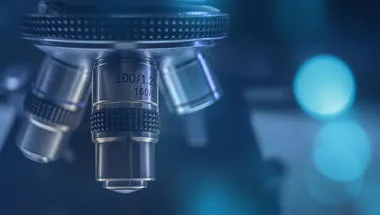
Biological Physics & Soft Matter
The Biological Physics and Soft Matter group aims to use bespoke technology and analytical methods borrowed from the Physical Sciences to address important fundamental questions in Biology.
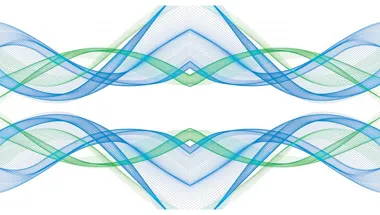
Centre for Non-Equilibrium Science (CNES)
CNES acts as an international hub for cross-disciplinary research in non-equilibrium science.

Biological Physics Across Scales (BiPAS)
The Biological Physics Across Scales Centre for Doctoral Training (BiPAS CDT) is a multi-disciplinary doctoral training programme in biological physics based at King's College London.

Centre for Italian Politics @EIS
The Centre for Italian Politics at the Department of European and International Studies
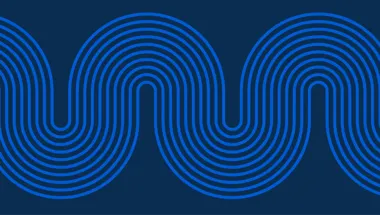
King's Water Centre
Researching water, environment and development. Our centre spans the humanities, social, and physical sciences to explore the challenges of water governance from global to local scales.

The Multiscale Biofilm Research Hub (MBRH)
The Multiscale Biofilm Research Hub (MBRH) has been established to promote interdisciplinary interactions and focus microbial biofilm related research at King’s.

Biofilms at mucosal surfaces
The study of dental caries, periodontitis, vaginal dysbiosis, chronic inflammatory diseases & infections within the oral cavity, intestinal tract & lungs
Project status: Ongoing

Antimicrobial resistance and biofilm therapeutics
Work involves understanding how biofilms contribute to antimicrobial resistance and the creation of new anti-biofilm therapeutics.
Project status: Ongoing
News
Nanostrand newsletter available for download
Nanostrand is the newsletter for the Photonics & Nanotechnology Group and the Biological Physics and Soft Matter Group in the Department of Physics.
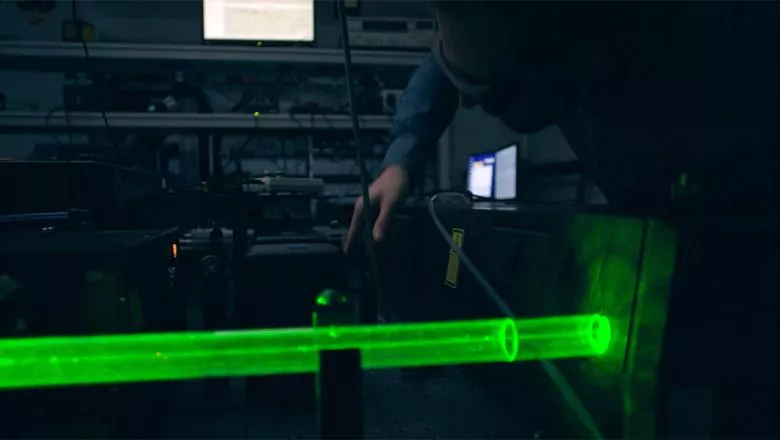
Materials and Molecular Modelling Hub receives £4.5m boost in EPSRC funding
King’s and partner universities have received £4.5 million from the Engineering and Physical Sciences Research Council (EPSRC) to carry out pioneering...

Events
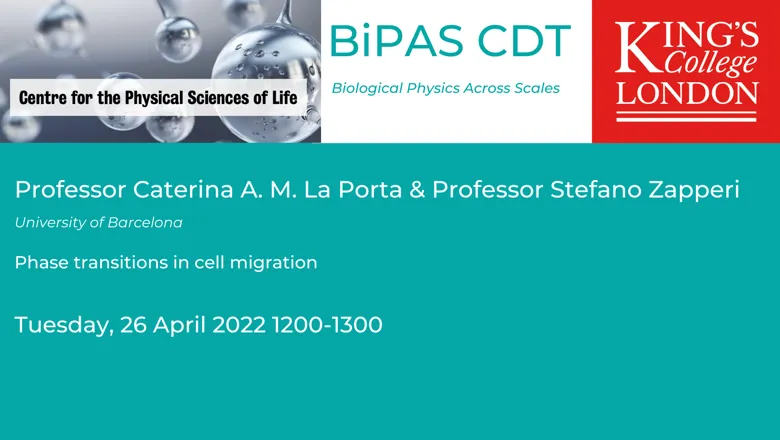
Professor Caterina A. M. La Porta and Professor Stefano Zapperi - Phase transitions in cell migration
Seminar in Biological Physics on phase transitions in cell migration
Please note: this event has passed.
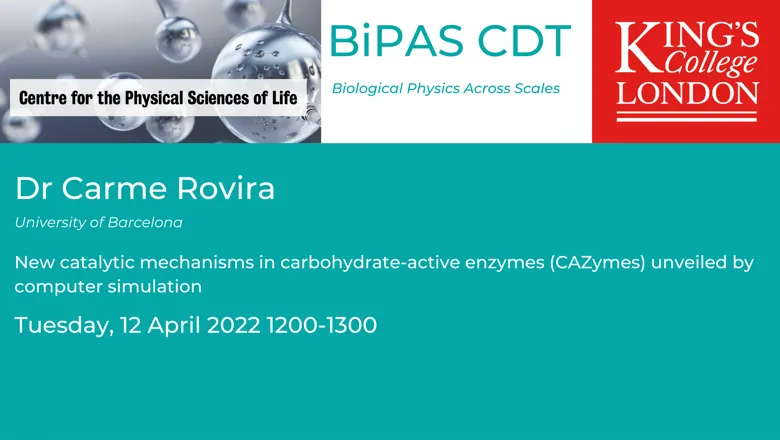
Dr Carme Rovira - New catalytic mechanisms in carbohydrate-active enzymes (CAZymes) unveiled by computer simulation
Seminar in Biological Physics
Please note: this event has passed.
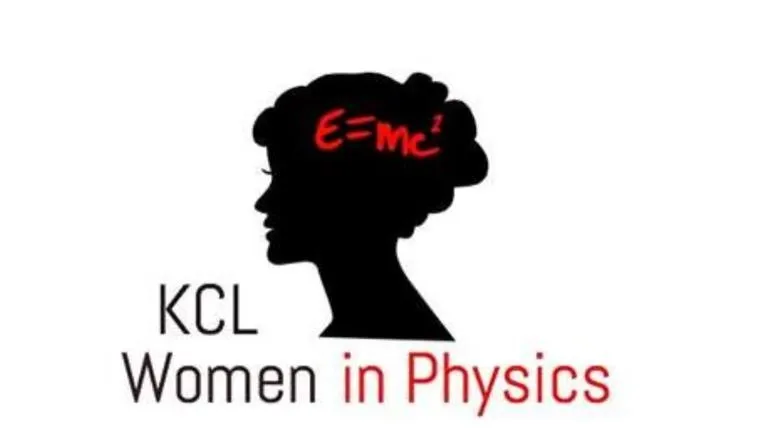
Physics Research Showcase
Showcasing the latest research from women in the Department of Physics
Please note: this event has passed.
Research

Biological Physics & Soft Matter
The Biological Physics and Soft Matter group aims to use bespoke technology and analytical methods borrowed from the Physical Sciences to address important fundamental questions in Biology.

Centre for Non-Equilibrium Science (CNES)
CNES acts as an international hub for cross-disciplinary research in non-equilibrium science.

Biological Physics Across Scales (BiPAS)
The Biological Physics Across Scales Centre for Doctoral Training (BiPAS CDT) is a multi-disciplinary doctoral training programme in biological physics based at King's College London.

Centre for Italian Politics @EIS
The Centre for Italian Politics at the Department of European and International Studies

King's Water Centre
Researching water, environment and development. Our centre spans the humanities, social, and physical sciences to explore the challenges of water governance from global to local scales.

The Multiscale Biofilm Research Hub (MBRH)
The Multiscale Biofilm Research Hub (MBRH) has been established to promote interdisciplinary interactions and focus microbial biofilm related research at King’s.

Biofilms at mucosal surfaces
The study of dental caries, periodontitis, vaginal dysbiosis, chronic inflammatory diseases & infections within the oral cavity, intestinal tract & lungs
Project status: Ongoing

Antimicrobial resistance and biofilm therapeutics
Work involves understanding how biofilms contribute to antimicrobial resistance and the creation of new anti-biofilm therapeutics.
Project status: Ongoing
News
Nanostrand newsletter available for download
Nanostrand is the newsletter for the Photonics & Nanotechnology Group and the Biological Physics and Soft Matter Group in the Department of Physics.

Materials and Molecular Modelling Hub receives £4.5m boost in EPSRC funding
King’s and partner universities have received £4.5 million from the Engineering and Physical Sciences Research Council (EPSRC) to carry out pioneering...

Events

Professor Caterina A. M. La Porta and Professor Stefano Zapperi - Phase transitions in cell migration
Seminar in Biological Physics on phase transitions in cell migration
Please note: this event has passed.

Dr Carme Rovira - New catalytic mechanisms in carbohydrate-active enzymes (CAZymes) unveiled by computer simulation
Seminar in Biological Physics
Please note: this event has passed.

Physics Research Showcase
Showcasing the latest research from women in the Department of Physics
Please note: this event has passed.
